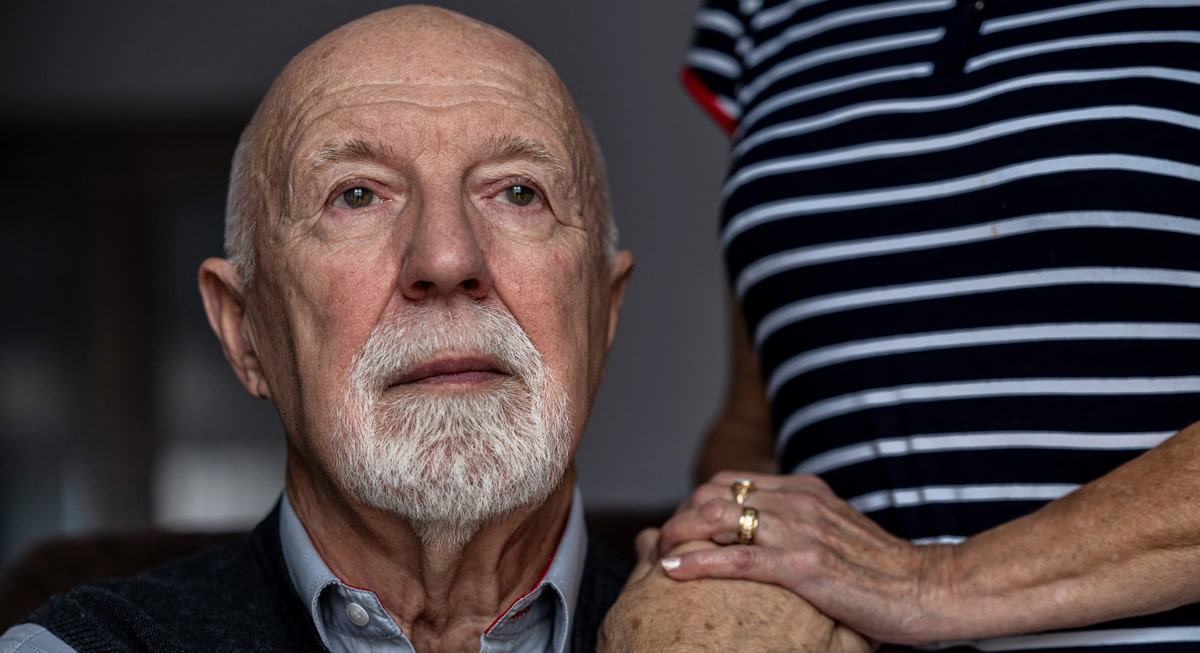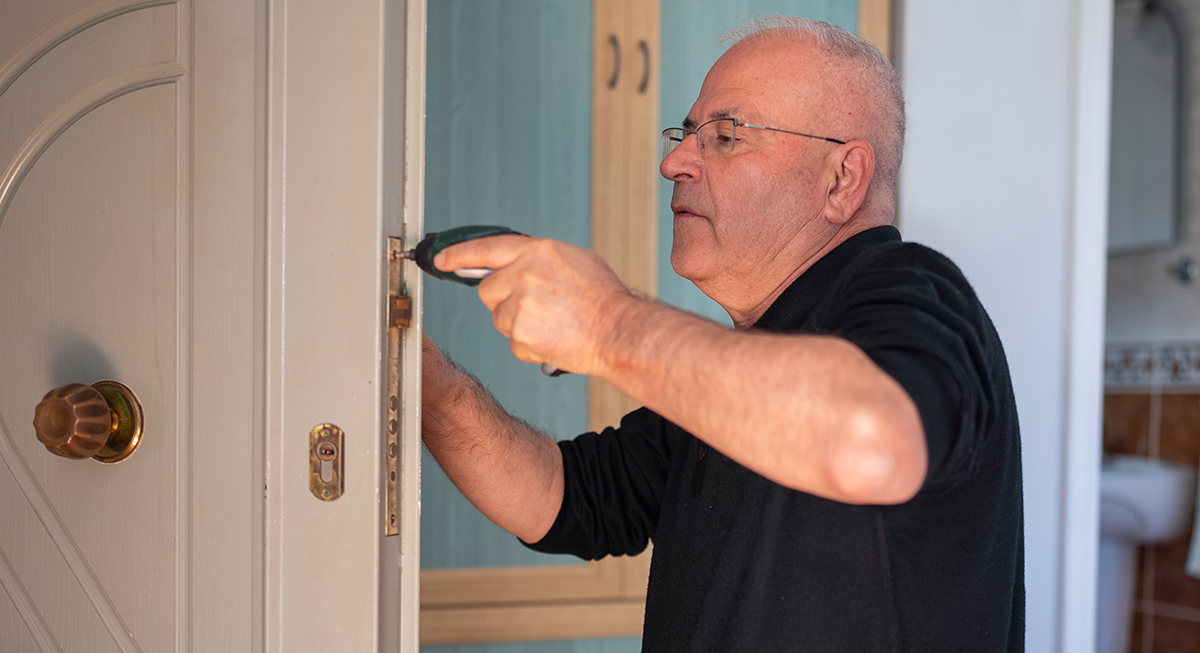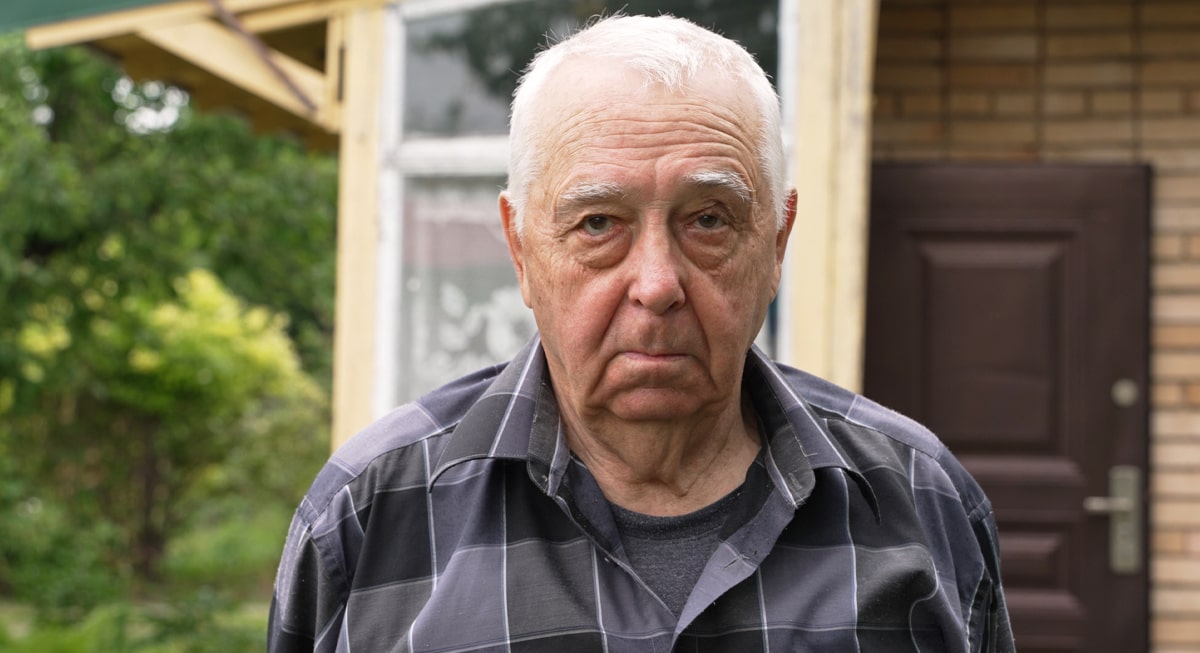 We talk a lot about investment and return on investment (ROI) in finances. We also talk about investing in yourself, such as spending money on your education. But what about mental health? Is there an ROI of mental health investment?
We talk a lot about investment and return on investment (ROI) in finances. We also talk about investing in yourself, such as spending money on your education. But what about mental health? Is there an ROI of mental health investment?
What is Mental Health Investment?
Mental health investment can come in many forms. When we think of investing, we often think of money, and investing in your mental health may have a financial component.
People often think of therapy as something that only people with "serious problems" need. But there are a lot of people who can benefit from therapy. Maybe you're dealing with a stressful event in your life, maybe you're dealing with depression or anxiety, or maybe you could just use a neutral party to talk through some of your problems with. Did you know that therapists can even help you work through financial problems? They won't necessarily help you pick out investments, but they can help you figure out why you got to your financial state and what will will work best for you to move forward.
If you're lucky, you have insurance that will cover therapy visits. You should definitely check out your benefits to find out whether or not you're covered. If not, there are some online services like Talkspace or BetterHelp, both of which have great reviews. And remember, it might take you a few tries to find the right therapist for you, and you can always stop if you're not happy with your current therapist.
Mental health investment may also come in the form of time. Maybe you take a bit of time every day or every few days to journal or meditate. Maybe you go for a walk or take up a fitness routine that makes you feel good.
Okay, great. But what about the ROI of mental health investment? What is it work?
ROI of Mental Health Investment
The return on your investment in your mental health can be financial, physical, and mental.
Starting with the tangibles - your money. It can be hard to consider spending money on your mental health when you're trying to save money. By spending some money on therapy, you may learn a bit more about your relationship with money and more importantly, how to improve it. You may also begin to feel better about your saving plan. You may also find that your current aggressive saving plan is causing you mental health issues and by allowing yourself some "fun money" every month, you're in a much better mental place and can focus more on the improvements you're working to make.
Frequently, people working on strict budgets find themselves getting stressed out. Does looking at your budget cause you anxiety? It makes sense, especially when you're struggling to make ends meet. But if you're miserable and your mental health is low, you're also risking your relationships and even your job. Losing your job will create a much bigger financial headache, and the return on investment in your mental health will be tangible.
Investing in your mental health can also make your day-to-day life a lot better. As is often said, you have to be with yourself 100% of the time, so investing in your mental health has more benefit than anything else.
And remember, it doesn't have to just be money that you're investing. Maybe you're investing time. Go for a walk, try meditation, pick up a hobby you enjoy. During the 2020 pandemic, many people picked up cooking as a way to relax. They learned a skill, got to spend time away from their computers, and also created many meals to enjoy either alone or with family. Maybe set aside a bit of time every day to journal or read. There are plenty of ways to invest in your mental health without spending a lot of money. And the returns are lifelong.









